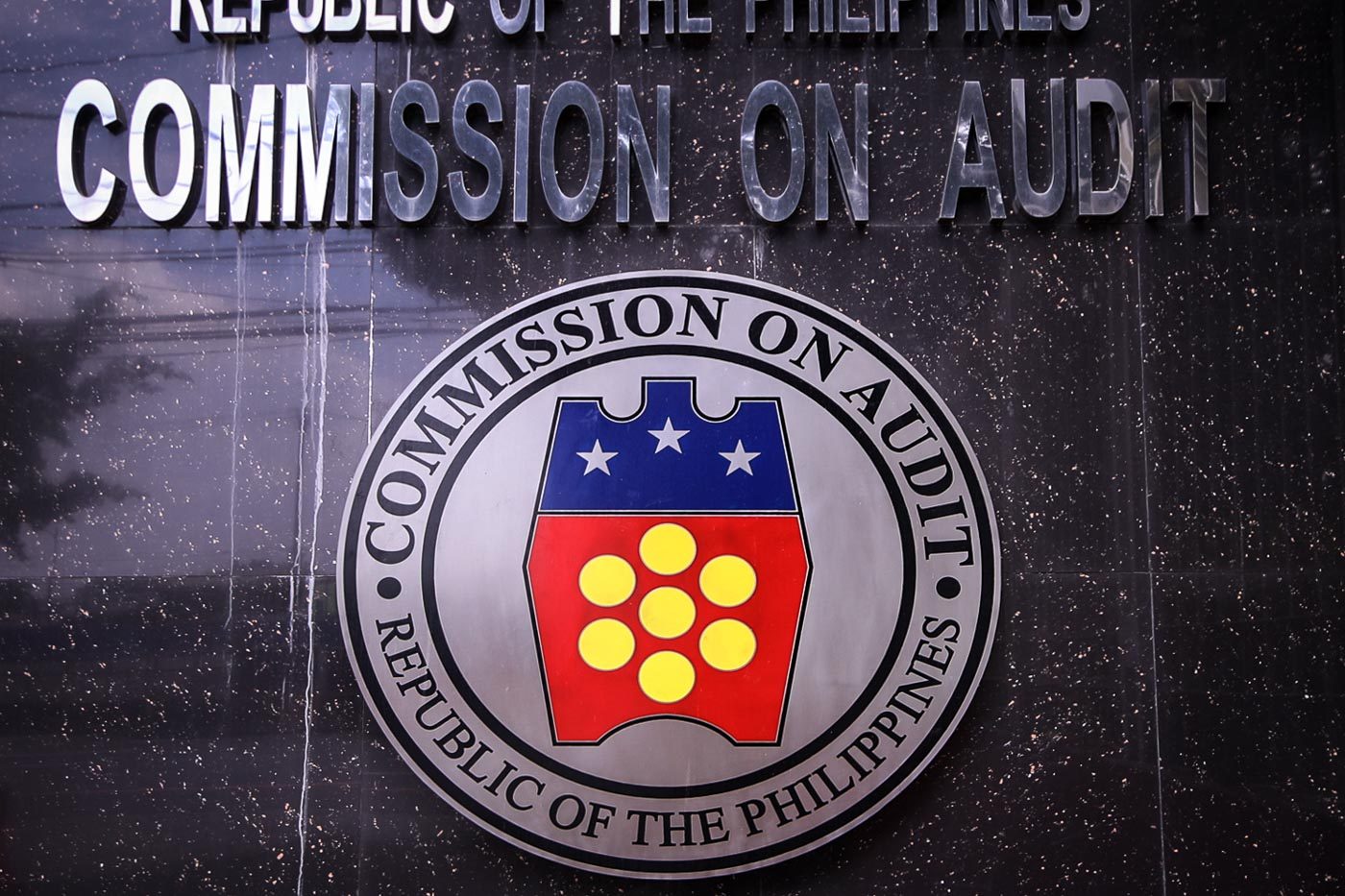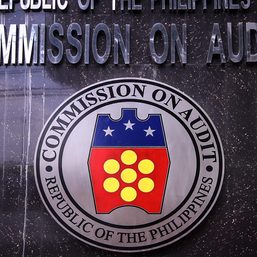SUMMARY
This is AI generated summarization, which may have errors. For context, always refer to the full article.

A 2022 audit report criticized the Davao City government for its uncollected real property taxes, which reached a record high of P4.5 billion in 2022.
According to the report, the city government failed to address the problem of increasing delinquent property owners, despite having available legal remedies allowed under Davao’s 2017 Revenue Code.
The Commission on Audit (COA) urged the local government to inspect real properties, assess potential revenues accurately, and notify delinquent property owners of their obligations.
The P4.5 billion in uncollected real property taxes as of August 2022 was the highest recorded in the last three years, based on data from the Tax Mapping and Computer Division of the City Treasurer’s Office.
The COA report showed that Barangay Talomo had the worst record with P1.7 billion in unpaid real property taxes, followed by Buhangin with P1.1 billion, and Poblacion with P834 million.
Others with more than P100 million in real property tax delinquencies were Agdao at P244 million, Toril at P236 million, Bunawan at P206 million, and Calinan at P116 million.
The rest of the barangays had unpaid taxes ranging from P18 million to P33 million.
The COA urged the Davao City government to strictly observe and comply with the applicable provisions of the law, requiring the concerned office or department to apply legal remedies to enforce the collection of delinquent realty taxes.
According to COA, the city’s revenue code enables the local government to levy properties with unpaid taxes and force their sale through public auction.
State auditors also said the revenue code tasks the local register of deeds and assessor’s office to annotate the levies on the tax declarations and the certificates of title on the properties.
They said the city treasurer could put the property up for public auction, and the property owner could stop the sale by paying the tax delinquency in full, including the interest due and the expenses incurred by the local government for issuing the notice of sale.
Auditors, however, noted that for two decades, the city government has not resorted to legal remedies to compel tax payment.
The COA report showed the local government explaining that there were complexities related to titles and records, such as duplication and double assessments, that could lead to legal challenges.
For instance, in 2022, the city treasurer issued a final demand for payment to a property owner in Calinan, only to find out later that the property had been donated to the city government back in 2011.
Despite the challenges, Davao officials assured the COA that they were committed to finding ways to collect the outstanding real property taxes. – Rappler.com
Add a comment
How does this make you feel?











There are no comments yet. Add your comment to start the conversation.